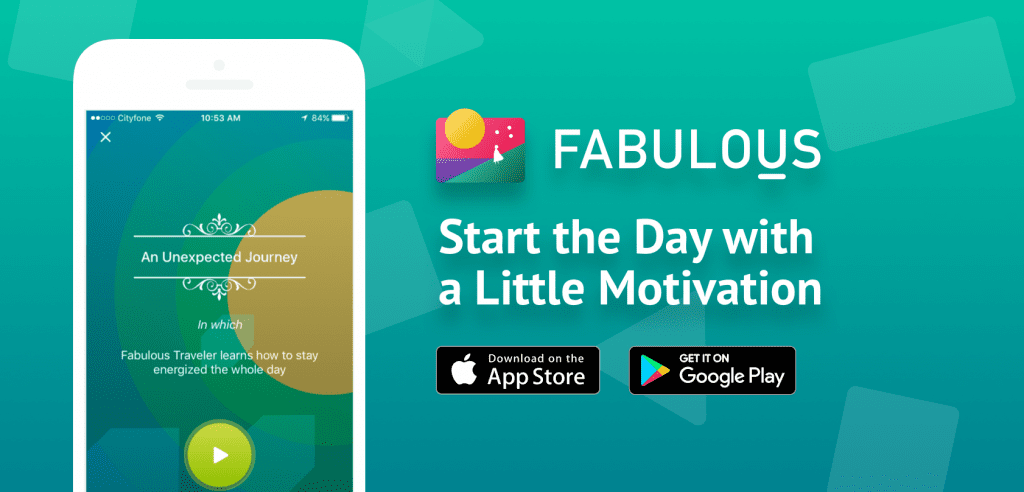When I ask the question, who are you? What answers come to mind? You might think of your name or your job title, or things like “mother” or “American,” but are those things really you? These facets of our lives exist outside of ourselves; what would happen if we stripped them all away? Who would be left?
This is the dilemma Eckhart Tolle faced shortly before writing The Power of Now. Overwhelmed by severe depression, Tolle asked himself what exactly was causing him so much distress. After careful consideration, he realized the answer was himself. Or, rather, the “self” his mind had created. Once he stripped that vision of himself away, he realized that it didn’t really matter who he was. It simply mattered that he was, and that his past and future didn’t define who he is in the present. In fact, shedding himself of the past and future was what finally led him to happiness.
The Main Idea: Live in the Present Moment
Tolle believes that being present, or living in the present moment, is the key to ending suffering for the following reasons:
The Past fills us with regret. No matter what we do we can’t change the past, but who hasn’t laid awake at night thinking back to that one embarrassing thing they did in middle school at least once? But is there a point to worrying, other than to make us miserable?
The Future fills us with anxiety. While we have no effect on the past, our decisions can and do influence the future. However, also unlike the past, which we know very well, the future is entirely unknown. So, we prepare for everything and, in turn, do nothing.
The Present is the only time we have control. If we want our lives to change, those changes need to happen now. Looking too far back or forward keeps us distracted. We aren’t in the past or future. We are here. We are now. This is where our focus should be.
Tolle isn’t suggesting we should live in the present completely out of context, however. Rather, the past and the future should act as tools to help us make decisions, rather than be the driving force behind them.
Take mountain-climbing, for example. If we took a helicopter to the top of a mountain, it wouldn’t feel nearly as satisfying as it would if we’d climbed it ourselves. In this case, we needed the past events of physically making the climb to make reaching the peak in the present meaningful.
Conversely, aimlessly wandering around at the base of the mountain forever wouldn’t be satisfying either! It’s the plan of reaching the top in the future that inspires and guides us forward. Where the past gives the present meaning, the future gives it direction.
How Do I Become Present?
Presence, or living in the moment, can manifest in many ways, and Tolle has more than a few suggestions:
Slow down. Our modern society has grown used to instant gratification, getting what we want exactly when we want it. Life doesn’t always work this way however, which can leave us frustrated or stressed. Learning to slow down in our fast-paced lives helps retrain our patience for when we really need it.
Avoid multitasking. Whether we want to admit it or not, humans aren’t very good at multitasking. We feel more productive when we have multiple projects going on at once, but truthfully, our productivity is better tackling one thing at a time.
Spend time in nature. Going out into the world and interacting with nature is a scientifically-backed mood booster. It forces us to slow down and simply appreciate the world for what it is. The Japanese even have a word for it: shinrin-yoku, or “forest bathing.”
Meditate. Meditation is designed to help people focus on the present moment and a daily meditation practice can help us inject calm into our everyday lives. Bringing our focus from our thoughts to the natural rhythm of our breath grounds us and helps us acknowledge our bodies, thoughts, and feelings from a safe, objective distance.
Last Thoughts
Eckhart Tolle’s book draws heavily on spiritual principles and religious texts, which can make the ideas within it a tough sell to people who don’t believe in or trust those sources. However, much of what Tolle teaches—focusing exclusively on things within our control, letting go of what we can’t, and regularly practicing mindfulness—falls in line with the same techniques therapists use with their patients every day. No matter how you spin it, there’s simply no argument against being kinder to yourself. It’s always going to be the best choice.





